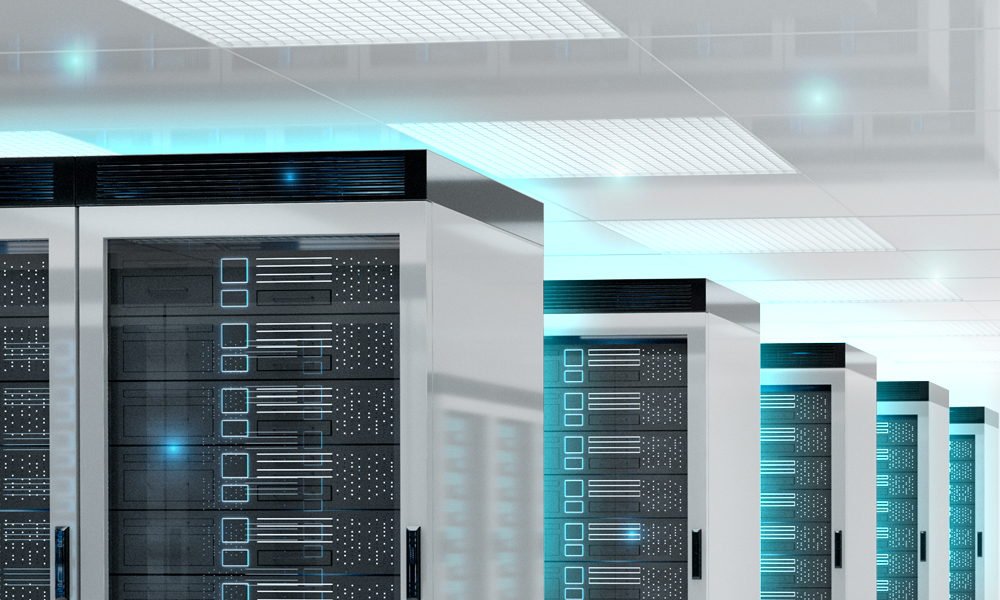The Utilization of Colocation Data Centers in The Healthcare Industry

The COVID-19 pandemic has placed extraordinary demands on the healthcare industry. Despite the difficult circumstances, the industry’s response has demonstrated its resilience and ability to bring necessary innovations to modern healthcare systems. Today’s adoption of new technologies within the industry comes with expanding volumes of digital data that have pushed organizations to seek new solutions for IT infrastructure including data centers. In the healthcare industry, data centers have become a requirement for various purposes; two major ones are data collection and interoperability.
Capabilities of Data Collections
Data centers equip healthcare providers including hospitals with the capabilities of data collections and analysis. The healthcare industry involves a variety of public and private data collection systems, including medical records, administrative enrollment and billing records, clinical trials, and health surveys. The data generated from these various sources allows health systems to create holistic views of patients, personalize treatments, advance treatment methods, improve communication between doctors and patients, and enhance health outcomes.
Data centers also play a vital role in enabling healthcare interoperability. Healthcare interoperability refers to an ideal situation where different healthcare IT systems can easily share electronic health records between organizations in ways that are secure and compliant with the national guidelines. With healthcare interoperability, patients and providers will be able to access the most up-to-date patient records. It also allows patients to move from one healthcare provider to another knowing that each provider will be able to view their records to provide the most accurate diagnosis and treatment possible. Furthermore, making patient health records accessible across providers will significantly reduce costs, improve treatment efficiency, and minimize administrative work. In this ideal situation, data centers provide a secure, stable, and well-connected infrastructure including redundant systems and uptime guarantees. Data centers also provide carrier-neutral connectivity and cloud computing utilization to ensure that patient data meets the guidelines for availability and privacy.
Colocation Service Can Act As Alternative
Nonetheless, despite its critical role in making advanced healthcare systems possible, IT infrastructure management might be a department that healthcare companies want to focus less on compared to their core competencies such as medical research and crisis management. This is why colocation services have become an attractive alternative for a lot of companies in the healthcare industry around the world. According to a report about the data center colocation market by Research and Markets, North America and Asia-Pacific are currently the largest markets for the colocation industry, responsible for over 78% of the industry's capacity, with the healthcare sector registered for the fastest growth rate.
Unlike on-site data centers, colocation data centers are responsible for maintaining and optimizing core facility infrastructure (space, power, connectivity, and cooling systems) and offer remote support for the IT equipment. This is why colocation provides several advantages for healthcare providers. First, as mentioned, colocation services allow healthcare providers to gain the benefits of data centers without having to worry about their management and maintenance. Second, colocation data centers provide flexibility and scalability to quickly match the needs of growing businesses. Third, it’s much easier to lease space from a data center which has been well designed and built to support compliance by specialists compared to attempting to own and operate a facility on-site. There will be no exhausting planning stage and extra capital expenditures for land purchases, construction, technology setup, and technician recruitment. Finally, colocation services allow healthcare providers to prioritize their energy and resources. By reducing the expenses of ownership, healthcare businesses can allocate more money into its primary competencies. In Indonesia, there are a number of major colocation data center providers, including neuCentrIX. With all the benefits offered, neuCentrIX’s colocation services come as a solid solution for healthcare companies.

















